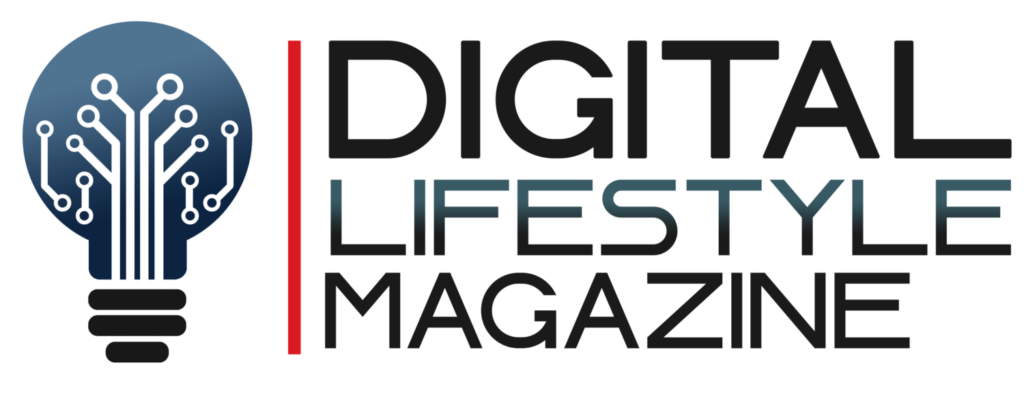An emergency fund is a money set aside for unforeseeable events. These may include medical fees, home repairs, and other unplanned living expenses. You’ve probably heard that an emergency fund is essential.
The question is whether you listened to their advice. According to a Consumer Federation of America and American Resources Education Council survey, around one-third of Americans have not established an emergency fund and, as a result, do not have adequate resources to meet unforeseen bills.
You will have to use credit cards, borrow money, or take from your retirement account if you do not have an emergency fund and are affected by any of the following unforeseen scenarios. This lack could leave you in debt or unable to fund your retirement.
You should determine the size of your emergency fund by your monthly spending and risk concerns. And where you put your money is entirely up to you, but it is usually held in a secure, easily accessible savings account.
Your emergency fund protects you in a financial disaster and can assist you in avoiding debt. It also provides you with peace of mind if you lose your job, become unable to work, or need to pay for a significant auto or house repair. You should raise the amount in your emergency savings account for various reasons. Continue reading to find out why everyone needs an emergency fund.
Table of Contents
1. Saving for a Rainy Day
Unexpected expenses can devastate your finances (whether you have a budget or not). Every person has a plan for how they will spend their money. When a crisis happens, your goals must be altered or postponed. You will be forced into debt if this is not achievable. As a result, you will be severely hampering your financial growth.
If you have emergency funds saved, this is not the case. Keeping for crises in advance ensures that your lifestyle and finances will not be disturbed in an emergency. The benefits of saving for an emergency are immeasurable. Reasons for this include:
- If you have a financial safety net, you will feel less anxious.
- You will establish a saving mindset, and planning for the future will keep you from making reckless financial mistakes in the present.
- In a disaster, an emergency fund prevents you from depleting other savings accounts, allowing you to stick to your budget and savings goals.
2. Double Insurance
An emergency fund is a liquid resource reserve that you can use in the event of an unexpected expense or income loss; it is an essential component of any overall financial health strategy. Life frequently tosses curveballs that we cannot expect, as evidenced by the year 2020.
It may also serve as insurance depending on the amount of your emergency fund. Insurance is necessary, whether it be health insurance or auto insurance. Your health insurance may not cover all of your medical bills if you or a family member becomes ill.
Having an emergency fund ensures that you can cover any unexpected medical bills. In a medical emergency, you may discover that your health insurance does not cover a specific service.
3. Sickness and Health
A trip to the emergency room without health insurance could jeopardize your finances. Even if you have coverage and need surgery, you will be responsible for your policy’s deductible and co-payments.
You might be thinking, “Isn’t that the purpose of a flexible spending account? What about out-of-pocket medical expenses?” However, if you are healthy and do not incur substantial medical bills regularly, you have not saved enough to cover all potential costs.
For example, the COVID-19 outbreak heightened the need for an emergency fund. According to a YouGov poll for Forbes in April 2021, the eruption caused nearly 40% of people with emergency funds to use them, with 73.3 percent spending half or more and 28% spending the entire amount.
Tough Times
Significant medical conditions may force you to exceed your annual deductible. You may have a backlog of routine testing or exhaust your sick leave and be obliged to take an unpaid absence. A well-stocked emergency fund will assist you in dealing with these costs and making it easier to withstand difficult times.
Medical difficulties can be costly, and insurance companies may not cover everything you expect. Furthermore, you may miss work and exhaust all of your sick leave, which could lead to severe problems. Your emergency funds can cover this.
4. An Unforeseen Recession
Global recession fears are mounting as inflationary pressures rise, central banks tighten monetary policy, and the repercussions of the Covid-19 outbreak remain. With almost 26 million Americans out of work, families and companies suffer financially on nearly every level. And some predict that the economy in most states, including Texas, will deteriorate before improving due to the rising costs and market fluctuation. To avoid this, you can use home insurance to cover the bill for possession of the property. Here are the average home insurance quotes in Texas.
In light of this, financial experts believe setting up an emergency fund is the most important way to prepare for a recession. It is not new advice, but it is critical. If you are concerned about the future, you should start saving more money before investing more (or at all).
There is a reason why an emergency fund is frequently mentioned as an essential financial strategy. In the event of a catastrophic economic disaster, such as the loss of a job, you may be able to weather the storm with funds from an emergency fund. Those who do not have emergency money may be compelled to rely on high-interest loans or credit cards or be forced to liquidate retirement assets to maintain financial stability during difficult times.
An emergency fund should be sufficient to cover three to six months of living expenses. In times of inflation, be conservative and budget for at least six months. Maintain an emergency fund in a liquid investment vehicle that is easily accessible, such as a money market account or a high-yield savings account.
Don’t Wait Until it’s Too Late
Many Americans are unprepared for a surprise bill, which is not necessary. Those who want to prevent everyday financial stress might save little sums of money each month for unforeseen costs. Preparing for disasters is an essential component of a well-thought-out financial strategy. If you have enough funds for immediate but unexpected cash requirements, you will be better able to withstand short-term economic insecurity and market volatility.


